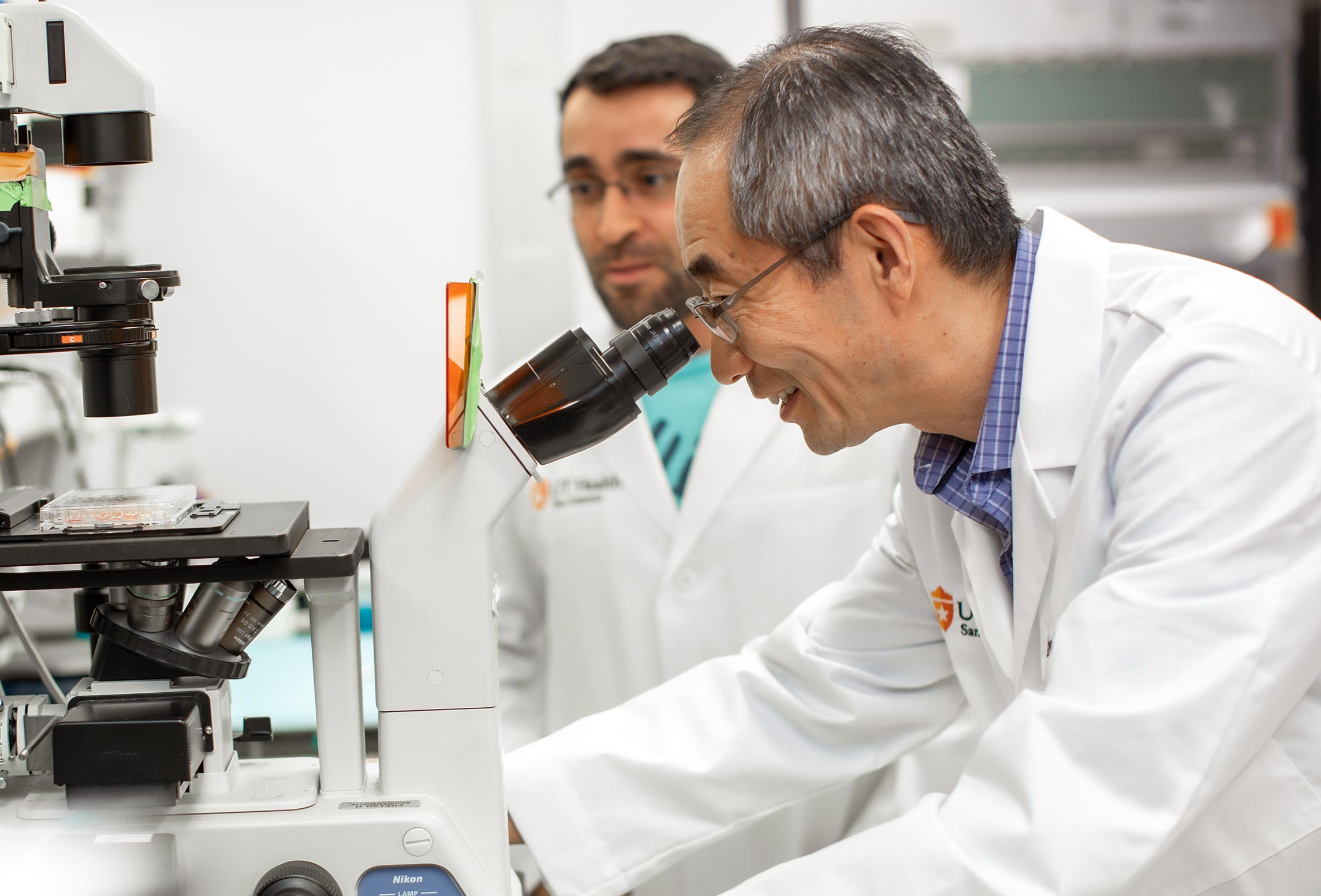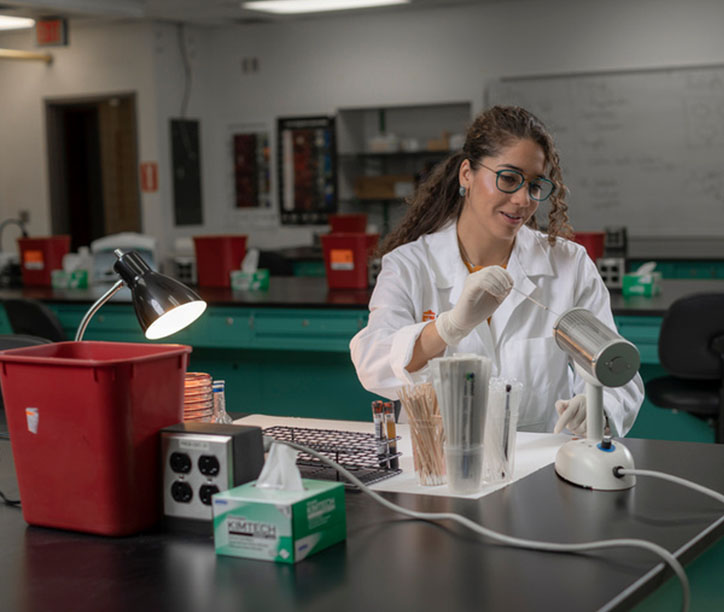
South Texas Cancer Burden and COE Areas of Work
- About Us
-
Cancer Care
-
Our Cancer Programs
- Adolescent and Young Adult Cancer Program
- Blood Cancer & Hematological Malignancy Program
- Blood Disorder (Hematology) Program
- Breast Cancer Program
- Cancer Genetics Program
- Cancer Risk Reduction and Education Clinic
- Cardio-Oncology Program
- Childhood Cancer Survivorship Program
- Endocrine Tumor Program
- Eye Cancer Program
- Gastrointestinal (GI) Cancer Program
- Genitourinary Cancer Program
- Gynecologic Oncology Program
- Head and Neck Cancer Program
- Liver Tumor and Cancer Program
- Lung Cancer Program
- Neuro-Oncology (Brain Tumor) Program
- Neurofibromatosis Program
- Pediatric Neuro-Oncology Program
- Pediatric Oncology Program
- Pediatric Sarcoma Program
- Pediatric Thrombosis Program
- Radiation Oncology
- Sarcoma Cancer Program
- Skin Cancer Program
- Supportive Cancer Care Program
-
Screening and Diagnosis
- Cervical Cancer Screening Guidelines
- Colorectal Cancer Screening
- Endometrial (Uterine) Cancer Screening Guidelines
- Hepatitis and Cancer
- HPV Vaccine and Screenings
- Liver Cancer Guidelines
- Lung Cancer Screening
- Mammogram
- Ovarian Cancer Screening Guidelines
- Prostate Cancer Screening Guidelines
- Skin Cancer Screenings
- Sun and Skin Safety
- Tobacco Use and Cancer
- Skin Cancer Screenings
- Cancer Genetics Program
- Cancer Survivorship Program
- Cancer Treatments
- Conditions
-
Our Cancer Programs
- Clinical Trials and Research
- Donate and Volunteer
- Education
- Patients and Families
- Appointments
- Doctors and Locations
-
Community Outreach and Engagement Program
- Message from COE Leadership
- South Texas Cancer Burden and COE Areas of Work
- Our COE Impact
- COE Community Advisory Board
- COE Publications
- Avanzando Caminos (Leading Pathways) Study
- Estudio Avanzando Caminos (Leading Pathways)
- San Antonio Firefighters Cancer Prevention Program
- STAR Immunotherapy Study
Researchers from Mays Cancers Center, home to UT Health San Antonio MD Anderson Cancer Center, are changing cancer’s impact through community outreach and engagement.
We’ve spent years learning about how cancer affects the people of South Texas. This information helps us engage with our community in meaningful ways to reduce cancer diagnoses.
South Texas Cancer Burden
Mays Cancer Center cares for patients from a 38-county region that runs south from San Antonio to the Texas-Mexico border. Our experience treating patients across all stages of cancer, along with our novel research, provides important insights into the disease’s burden in our community.
The unique ways cancer affects people in South Texas include:
- Our region is predominantly (69%) Latino. Cancer is the leading cause of death among Latinos in Texas.
- Our region has a disproportionately high incidence of gastric and liver cancers compared to Texas and the nation.
- Childhood and adolescent leukemia rates are significantly higher in South Texas than in the rest of the state.
- More than one-third (38%) of adults in the region are obese, and approximately 16% of adults are current smokers. These factors increase cancer risk at a population level.
- About 15% of people in South Texas do not have insurance, making it difficult for them to access care.
- Many residents are not aware of cancer screening guidelines and do not follow current cancer prevention recommendations.
Areas of Work
Our efforts focus on four primary areas of work to maximize our impact on reducing the cancer burden in South Texas.
They include:
Cancer prevention
We are taking steps to prevent cancer through culturally appropriate efforts that include:
- Continuous cancer surveillance and risk factor monitoring
- Promotion of tobacco cessation, obesity management and HPV vaccination
- Healthy lifestyle practices
Early cancer detection
We are educating the community about cancer screening options. These efforts include:
- Developing and disseminating evidence-based cancer information tailored to the needs of our South Texas community
- Partnering with academic, clinical and community organizations to provide education about screening guidelines and risk factors
Cancer treatment
Community outreach and engagement efforts are increasing access to cancer treatment by:
- Building a team of patient navigators and community health workers to provide support in clinical settings
- Providing integrated, patient-centered cancer care
Increasing quality of life for cancer survivors
Our team is improving cancer survivors’ quality of life by:
- Helping patients and providers access and utilize survivorship care plans
- Increasing referrals to cancer rehabilitation services
Explore Mays Cancer Center
Find out more about how our research is helping us advance cancer care in South Texas and across the country.
How can our team help you?
Through publications and speaking engagements, we share what we’re learning to decrease the cancer burden in South Texas.
Meet our research team
Our research team includes cancer experts from different medical specialties and scientists who share a commitment to advancing care and outcomes.

 Close
Close
